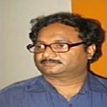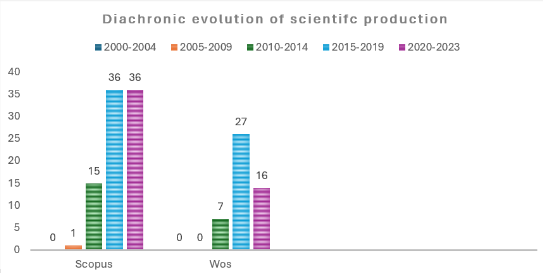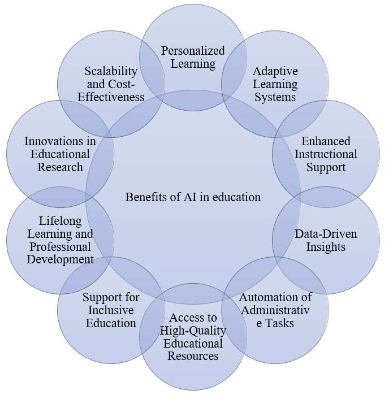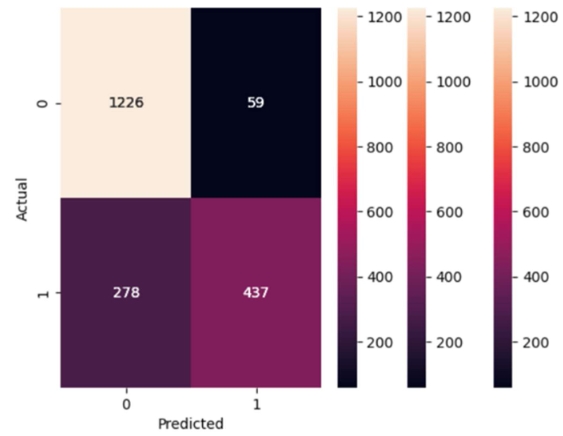Article Integrating STEAM education in the school science teaching at Gorkha district
Abstract
This article explores the integration of STEAM (Science, Technology, Engineering, Arts, and Mathematics) education into the secondary school science curriculum. It provides an in-depth analysis of the current state of STEAM education, challenges, successes, and future directions. The article draws on literature reviews, theoretical frameworks, and interviews with science teachers to offer a holistic view of the benefits of STEAM education integration at school-level science teaching. This study was carried out by selecting three schools in the Gorkha district and three science teachers who are implementing separate types of STEAM-based project approaches in science teaching. This study found that science teachers attempted to implement the project-based technology-friendly STEAM approach in their classrooms. However, they faced several obstacles to the integration of STEAM into the present school science curriculum due to the limited availability of internet facilities. It suggests that policy level and curriculum designers prepare the STEAM-based curricula for transdisciplinary (STEAM-based) school science teaching.
References
[1]Koirala KP. Transformative and equitable science teaching in the culturally diverse classroom: application of formative assessment system. International Journal of Science Education. 2024; 1-20. doi: 10.1080/09500693.2024.2356899
[2]Koirala KP, Neupane N. Headteachers’ understanding on STEAM-based integrated curriculum practice in Nepal. Discover Education. 2023; 2(1). doi: 10.1007/s44217-023-00056-9
[3]Koirala KP. Science Teaching in Culturally Diverse Classrooms: Application of Sociocultural Knowledge at a School System in Nepal. Journal of Science Teacher Education. 2023; 34(5): 544-562. doi: 10.1080/1046560x.2023.2206693
[4]DeCoito I, Myszkal P. Connecting Science Instruction and Teachers’ Self-Efficacy and Beliefs in STEM Education. Journal of Science Teacher Education. 2018; 29(6): 485-503. doi: 10.1080/1046560x.2018.1473748
[5]Dacumos LP. STEM education and the project-based learning: A review article. STEM Education Review. 2023. doi: 10.54844/stemer.2023.0385
[6]Park J, Teo TW, Teo A, et al. Integrating artificial intelligence into science lessons: teachers’ experiences and views. International Journal of STEM Education. 2023; 10(1). doi: 10.1186/s40594-023-00454-3
[7]Yakman G. STEAM Education: An Overview of Creating a Model of Integrative Education. Purdue University Press; 2008.
[8]Johnson CC, Czerniak CM. Interdisciplinary approaches and integrated STEM in science teaching. In: Handbook of Research on Science Education. Routledge; 2023. pp. 559-585.
[9]Vygotsky LS. Mind in Society: The Development of Higher Psychological Processes. Harvard University Press; 1978.
[10]Upadhyay B, Atwood E, Tharu B. Antiracist Pedagogy in a High School Science Class: A Case of a High School Science Teacher in an Indigenous School. Journal of Science Teacher Education. 2021; 32(5): 518-536. doi: 10.1080/1046560x.2020.1869886
[11]Held MBE. Decolonizing Research Paradigms in the Context of Settler Colonialism: An Unsettling, Mutual, and Collaborative Effort. International Journal of Qualitative Methods. 2019; 18: 160940691882157. doi: 10.1177/1609406918821574
[12]Koirala KP. Socio-culturally Embedded Vedic and Ethnoecological Knowledge: Decolonising Perspectives and Practices. Scholars’ Journal. 2021; 4: 240-249. doi: 10.3126/scholars.v4i1.42483
[13]Beers SZ. 21st Century Skills: Preparing Students for Their Future. University of Phoenix; 2011.
[14]Quigley CF, Herro D. STEAM education: Descriptions, elements, and the creative learning process. Journal of STEM Education: Innovations and Research. 2016; 17(2).
[15]UNICEF. Reimagining life skills and citizenship education in the Middle East and North Africa: A four-dimensional and systems approach to 21st century skills. Available online: https://www.unicef.org/mena/media/6151/file/LSCE%20Conceptual%20and%20Programmatic%20Framework_EN.pdf%20.pdf (accessed on 24 March 2024).
[16]Liao C. From Interdisciplinary to Transdisciplinary: An Arts-Integrated Approach to STEAM Education. Art Education. 2016; 69(6): 44-49. doi: 10.1080/00043125.2016.1224873
[17]Bybee RW. The Case for STEM Education: Challenges and Opportunities. National Science Teachers Association Press; 2013.
[18]Shrestha R, Pant B. Challenges in implementing STEAM education in Nepal. Journal of Education and Practice. 2018; 9(11).
[19]Darling-Hammond L, Hyler M, Gardner M. Effective Teacher Professional Development. Learning Policy Institute; 2017. doi: 10.54300/122.311
[20]Hynes MM, Conner J, McPherson R, et al. Industry-school partnerships: A strategy to integrate engineering education in K-12 schools. Journal of STEM Education: Innovations and Research. 2011; 12(3-4).
Copyright (c) 2024 Kamal Prasad Koirala, Krishna Prasad Parajuli

This work is licensed under a Creative Commons Attribution 4.0 International License.









